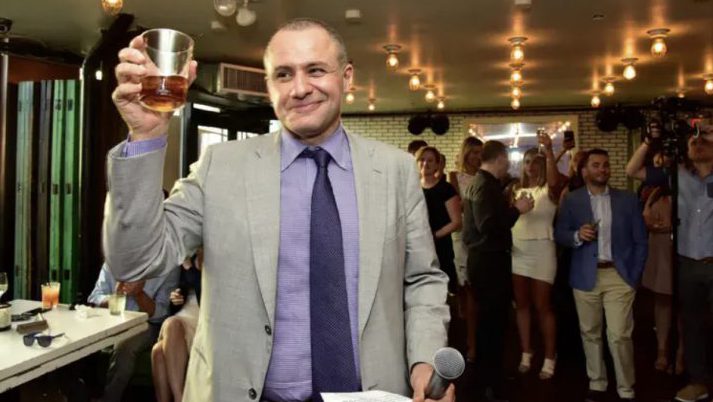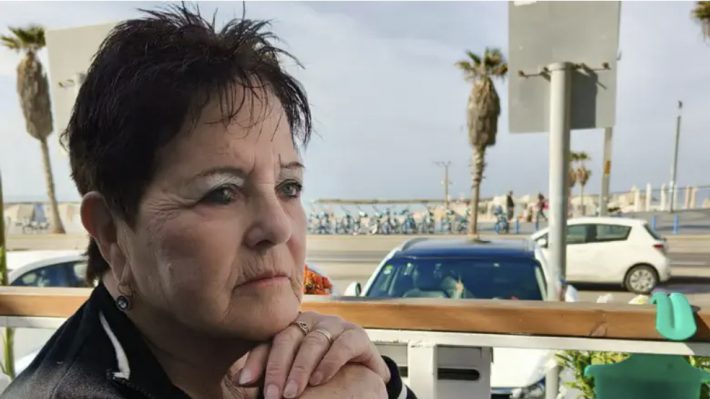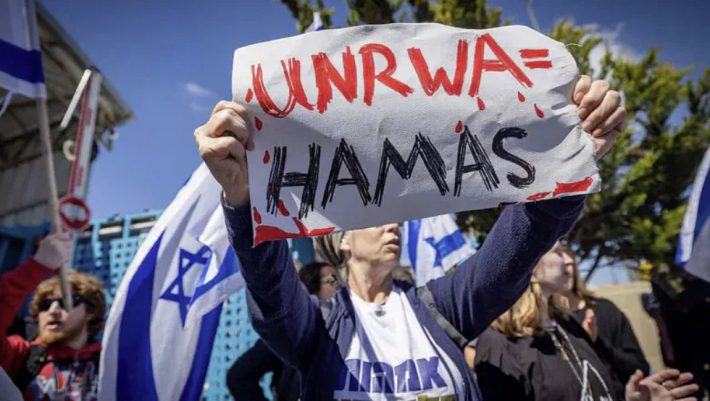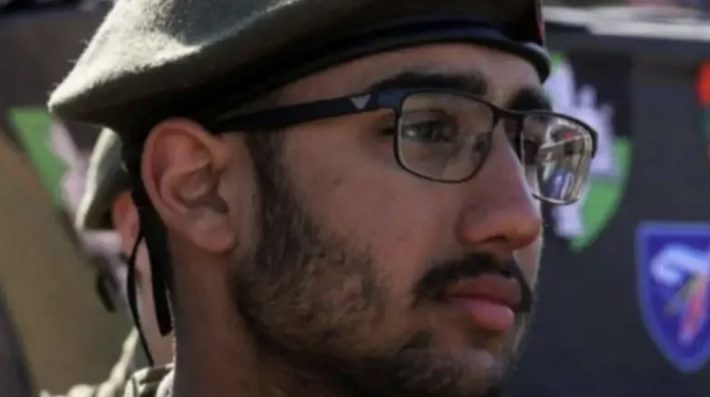A call to American Jewish leadership about the urgency of courage in facing antisemitism. Opinion.
“You have to be an American first.”— Rabbi Stephen Wise, dismissing efforts to rescue Jews during the Holocaust.
“[Peter] Bergson is worse than Hitler.”— Rabbi Stephen Wise, attacking the Jewish Zionist leader who fought to save our people and organized the 1943 rabbi’s march in Washington to try to publicize the Nazi regime murder of Jews. FDR took Wise’s advice and would not meet with them.
“The World Jewish Congress under Stephen Wise urged silence to preserve the liberal status quo with Roosevelt.”— Prof. Zohar Segev, Haifa University.
As antisemitism surges worldwide and is becoming rampant in the USA, it is striking that in New York City, the Democratic mayoral candidate Zohran Mamdani—a proud BDS supporter and vocal critic of Israel—secured roughly 20% of the Jewish vote. Jewish organizations like COJO Flatbush and Temple B’nai Jeshurun warmly hosted him, and influential Jewish politicians s such as Jerry Nadler, Brad Lander, and Chuck Schumer endorsed him.
This echoes a painful historical pattern. The Stephen Wise Free Synagogue in NYC, named after one of the failed Jewish leaders of the Holocaust era, symbolizes this troubling legacy. Stephen Wise, president of both the American Jewish Congress and the World Jewish Congress, wielded immense influence and access during history’s darkest moment for Jews—and he failed catastrophically. More than that, he actively blocked efforts to rescue European Jews.
Wise advised President Roosevelt to refuse meeting with 400 Orthodox rabbis who marched in Washington pleading for intervention in Hitler’s final solution. He publicly condemned the Bergson Group which organized the march, followers of the great Zionist leader Zeev Jabotinsky, who bravely fought to save lives. Wise’s justification was chilling: saving Jews might “increase antisemitism in America.” He put preserving the liberal status quo above saving Jewish lives. And this is the legacy Jewish institutions celebrate?
Today, as antisemitism rises—Jewish students attacked on campuses, kosher restaurants targeted, synagogues barricaded—many of our so-called leaders remain silent or complicit. When Reform clergy led protests during Black Lives Matter, invoking the Kaddish and risking arrest, it was a call for justice and a vision for redemption. Yet not one prominent Jewish leader or rabbi has been arrested protesting antisemitism engulfing New York and the world. Why this deafening silence from so many when our own people are under attack?
Spiritual and communal leaders must act—not merely speak—but act with courage and conviction. President Donald Trump is on our side, and this is a golden opportunity to crack down on antisemitism.
Norman Podhoretz once wrote in Why Are Jews Liberal? that for many American Jews, liberalism has become a “religion in its own right,” often overriding Jewish values and traditions. When the Torah of liberalism conflicts with the Torah of Judaism, liberalism wins.
Rabbi Avi Weiss, one of this generation’s leading activist Rabbis who has been arrested protesting Jewish issues, reminds us, “It is easy to love everyone; it is far more difficult to love someone.” Loving your own people is a fundamental test.
This ideological tension is evident, for example, in non-affiliated Temple B’nai Jeshurun’s 2012 support for the United Nations vote upgrading “Palestine” to a nonmember observer state. Their statement praised this as a step toward recognition—reflecting a worldview that seems to prioritizes global liberal ideals over Jewish national survival. A synagogue member called it “a high-five to the PLO.”
Jewish suffering has been met with dismissal before. Rosa Luxemburg, a Jewish revolutionary, once coldly declared, “I have no room in my heart for Jewish suffering—Why do you pester me with Jewish troubles?” Surely this is not what Jewish organizations believe today.
Today’s Jewish organizations like the ADL, quick to condemn “white supremacy,” and criticize Zionist groups like Betar USA for encouraging Jews to have legal weapons and assertive legal protest against antisemitism. Many Jews support politicians openly hostile to Israel. Should we be surprised that antisemitism grows when Jews empower those who oppose their own people?
Stephen Wise would feel at home in this era—urging restraint, promoting silence, and insisting on inclusion at any cost. But history teaches us better. We have seen where this path leads.
Zionism remains the moral and just movement of the Jewish people. As Zeev Jabotinsky declared, “We hold that Zionism is moral and just. And since it is moral and just, justice must be done, no matter whether Joseph or Simon or Ivan or Achmet agree with it or not.”
Six million Jews were murdered while men like Wise begged Roosevelt not to rock the boat. Today, the stakes remain high, but now there is a Jewish state and a Jewish army—a refuge and a symbol of survival.Jewish dangers are real, persistent, and cyclical. History shows us that silence and compromise invite catastrophe. I urge Jewish leaders—and the Jewish people—to embrace courage, speak boldly, and act decisively in defense of their own.
As Jabotinsky also warned: “The most terrible thing that can happen to a nation is to lose its self-respect.”
Ronn Torossian is an Israeli-American entrepreneur and philanthropist.





